Recovery as Paradigm Shift: Seeing the Glass as Half-Full
 |
About the presenter: Kevin Eldridge Ph.D., began working with people who stutter and their families 20 years ago. He received recognition as a Board Recognized Specialist in 1999, and currently serves as Vice-chair of the Specialty Board on Fluency Disorders. Kevin is in private practice working exclusively with people who stutter and their families. Kevin, along with friend and colleague Michael Retzinger, recently developed a treatment program that combines a 5-day small group therapy experience with 8 months of follow up using teletherapy. (keldridgephd@gmail.com) |
Recovery as Paradigm Shift: Seeing the Glass as Half-Full
by Kevin Eldridge
from Illinois, USA
INSTRUCTIONS: Listen to the audio and follow the pictures below. Then read the text at the end of the pictures. Be patient while the audio loads
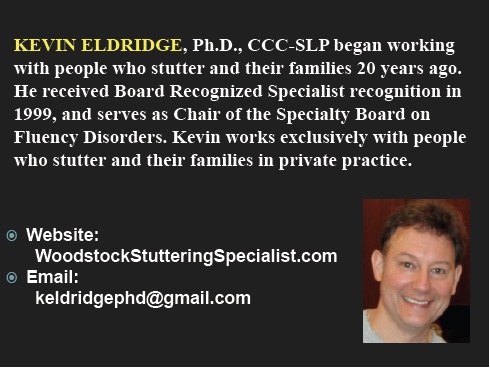 |
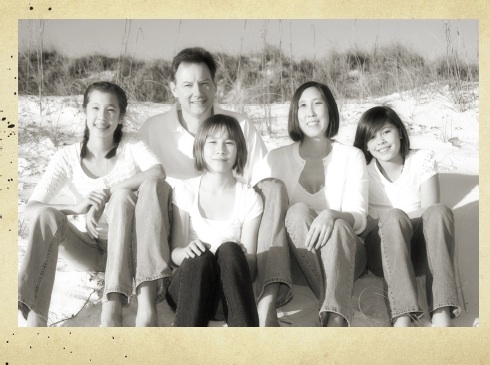 |
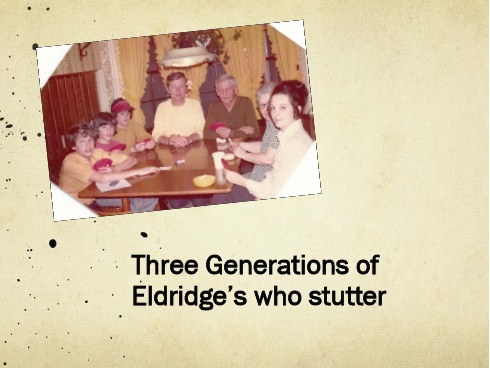 |
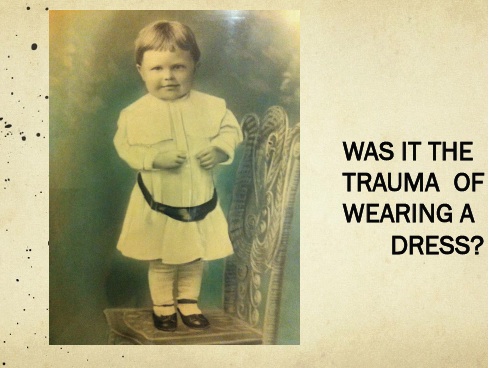 |
 |
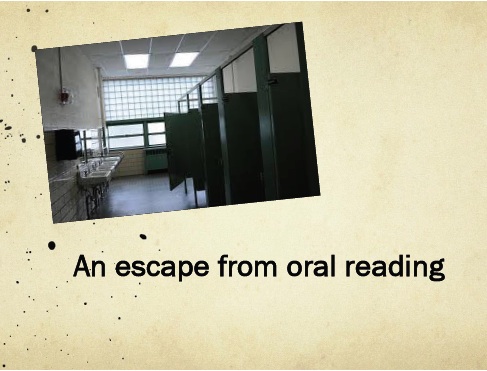 |
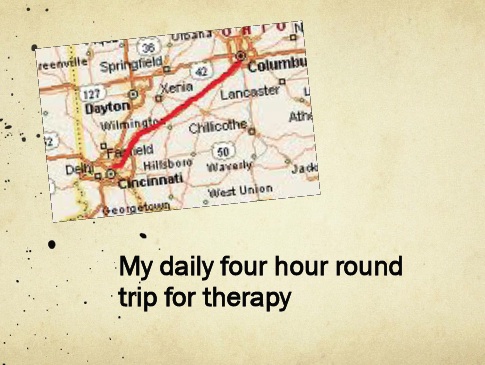 |
 |
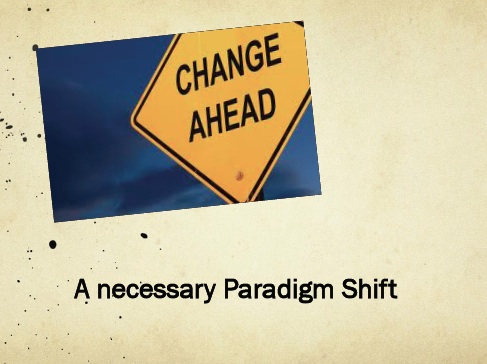 |
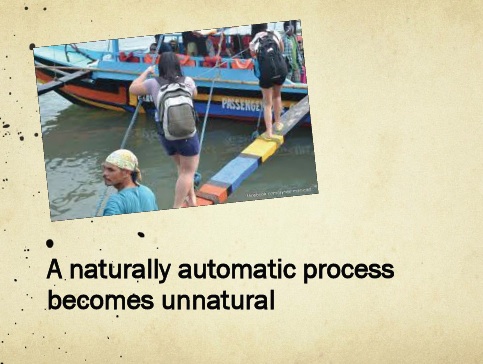 |
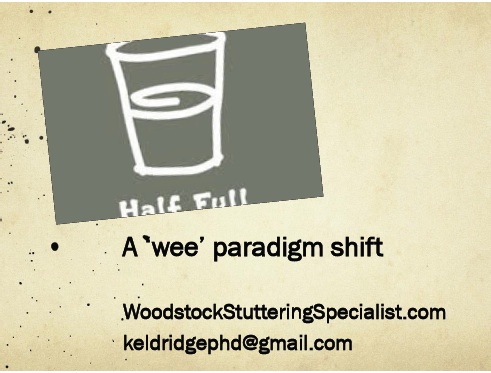 |
As I look back over this presentation (by all the speakers), I feel blessed to have been a part of the 2011 Voices Past and Present. It brought my thoughts to recovery.
RECOVERY... what does this word mean. When I was a young boy, aware that my father had stopped stuttering when he was 15 years old, RECOVERY was a destination. I didn't have a map or any hint of how to reach this destination, but there was no place that I would rather live. I planned on building my home there. Once I turned sixteen and was still stuttering, RECOVERY became something that I feared was unreachable. My worst fears were realized with every year that I continued to make daily decisions based on whether or not I would stutter in a given situation. Now at age 51, I understand that RECOVERY is more of a path than a destination. It is more of a river than a road -- fluid and winding. A river is usually quiet and gentle, winding through varying landscapes. But those that live near its shores are well aware that the river is quite powerful, unpredictable and dangerous during a storm.
Interestingly, I rarely think of myself as recovered any more. I now think of myself as someone who stutters sometimes. But instead of being fearful of my stuttering, I find it interesting. Because one moment of stuttering doesn't portend a rapid spiral backward, but is rather a momentary aberration, I find those moments thought provoking instead of engendering fear. It doesn't bring up bad memories from the past or fears for the future. It is an occurrence that takes place in the present. As such, it doesn't hold the power over me it did in the past.
This ability to see stuttering as interesting, rather than threatening, is probably due in part to the fact that, at this point in my life, I do not stutter very often. I believe it is also because I practice Mindfulness meditation, and strive to live in the present moment. I was reminded of this fact by one of the speakers, Scott Palisik. My own meditation practice, and a renewed interest in the concept of RECOVERY, was rekindled after listening to my colleagues speak of their own unique journeys.
For these things, as well as the chance to tell my own story (to myself and all of you) I am thankful. What is even more exciting, however, is the chance to share my story with people from around the world. If my experiences can help another individual better understand his or her stuttering (and self), then I am traveling the path I sought to take when I began this journey as a young boy.
SUBMITTED: August 30, 2012

